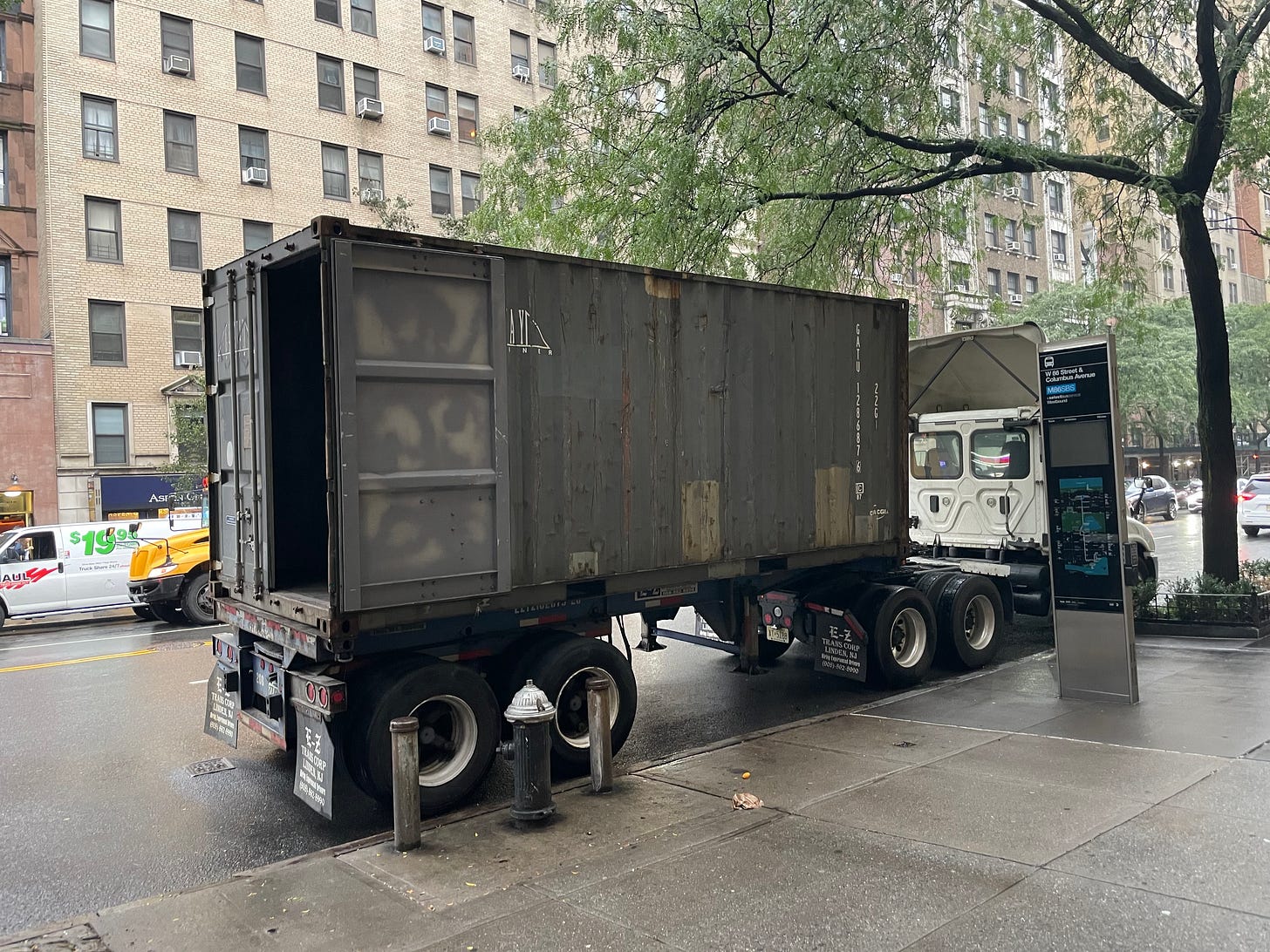How to Move to Mexico
A starter guide for leaving the United States.
Many people are considering living outside the United States, and you may very well be one of them.
2024’s disastrous election cycle put the Republican Party in charge of not just the presidency but also the House, Senate, and Supreme Court, leaving no safeguards in place for American democracy. Every aspect of public safety in the U.S. stands to be unra…


